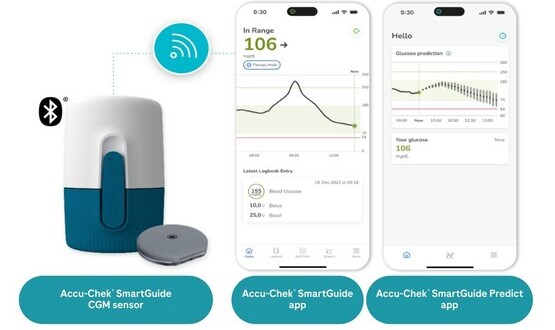One in five trusts below standard on patient information
- 13 October 2006
One in five NHS trusts in England do not store, use and dispose of information about patients to an agreed NHS standard.
The deficit comes to light in the Healthcare Commission’s first annual health check on all 570 NHS trusts in England which was published yesterday.
In the annual health check trusts are awarded ratings of excellent, good, fair or weak depending on how they measure up to a range of quality and financial standards.
Standard C9 on records says: “Healthcare organisations have a systematic and planned approach to the management of records to ensure that, from the moment a record is created until its ultimate disposal, the organisation maintains information so that it serves the purpose it was collected for and disposes of the information appropriately when no longer required.”
Assessment against C9 formed one element of trusts’ self declaration in which they judged their own performance. In total, 19 per cent either did not meet it or were could not be sure they complied.
The Commission says this is one of the greatest areas of non-compliance with basic standards expected of the NHS. PCTs performed worse than acute trusts.
It was also one of the most common standards adjusted by the Healthcare Commission when it validated trusts’ self-declarations. An unspecified number of trusts were penalised for incorrectly claming to have met the standard, affecting their overall rating.
However, it is not the only aspect of information services where PCTs are falling short.
Over half of PCTs (54 per cent) failed to meet a target to have updated practice based registers that allow GPs to actively manage long term conditions such as diabetes and coronary heart disease.
The Department of Health target requires PCTs to work with practices to develop their registers so that they can identify which patients are affected or at risk and recall them regularly.
Anna Walker, chief executive, said: ‘GP practices must know precisely which patients have long term conditions and therefore be in a position to manage them actively. There is still major room for improvement with only half of trusts doing it.’
Link
The Healthcare Commission’s annual health check



